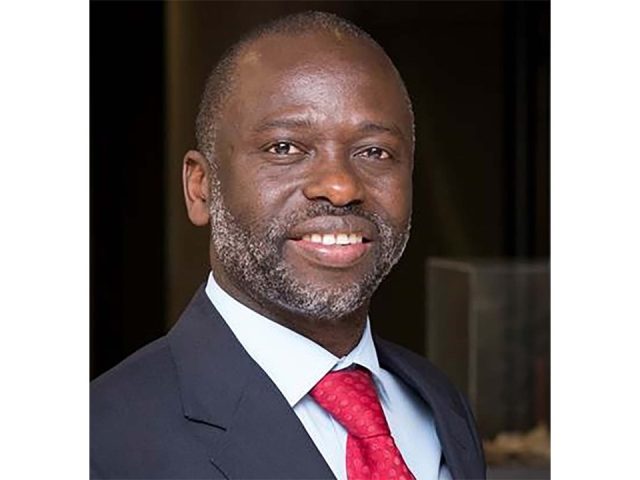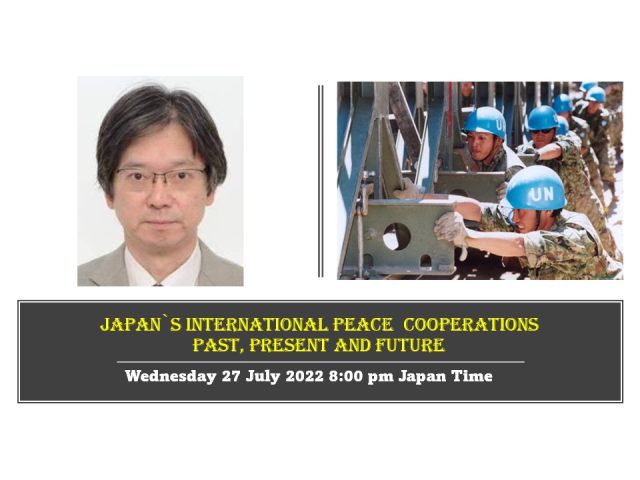
“Japan`s International Peace Cooperation: Past, Present and Future” by Mr. Naoto HISAJIMA (27/07/2022)
ACUNS Tokyo, Kyoto Peacebuilding Center and Global Peacebuilding Association of Japan will hold a Seminar on Japan`s National Peace Cooperation Activities. Please click here for the full program. If you are interested in participating, please fill in the registration form here by Tuesday, 26 July.
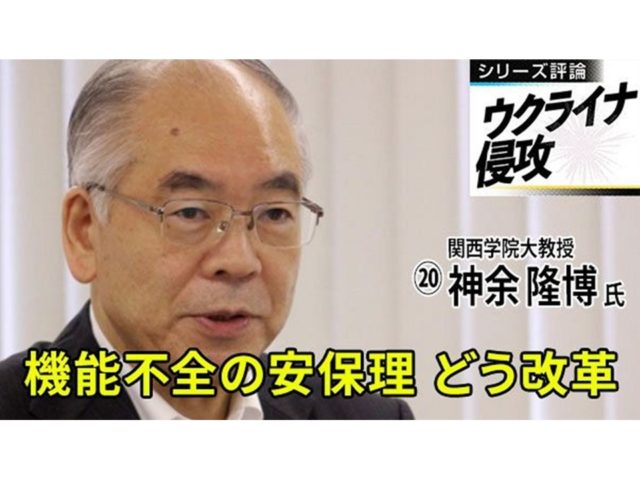
Professor Takahiro SHINYO commented on the inability to deal with the Russian invasion of Ukraine. (04/07/2022))
In his interview with the Hokkaido Shinbun, Professor Takahiro SHINYO of Kwansei Gakuin University commented on the inability to deal with the Russian invasion of Ukraine and indicated his views on how to reform the United Nations Security Council. Please click here for the full text of his interview.
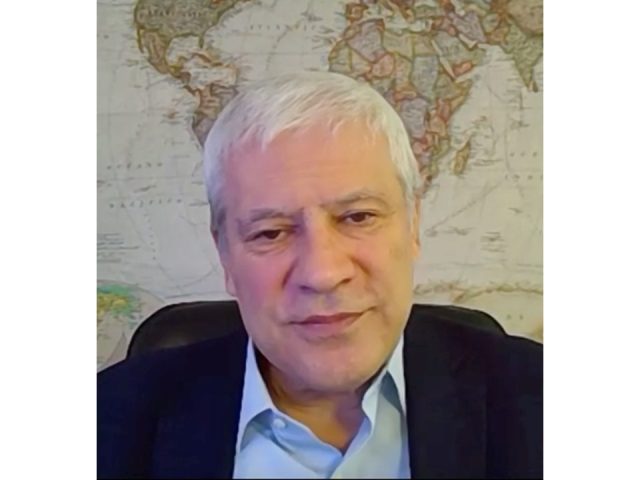
“The Ukrainian Crisis: A View from a Former President of the Republic of Serbia” by Mr. Boris Tadić, Former President of Serbia (02/07/2022)
President Tadic started the presentation from his view on Kosovo. In his address as a president in 2008, at the 63rd session of the UN General Assembly, he warned that Kosovo is a crisis that threatens world peace. He underlined that Kosovo’s potential precedence represents a huge problem for international peace and stability. That addressing was in the context of seeking support for the Serbian resolution requesting an advisory opinion on Kosovo’s independence from the International Court of Justice (ICJ).
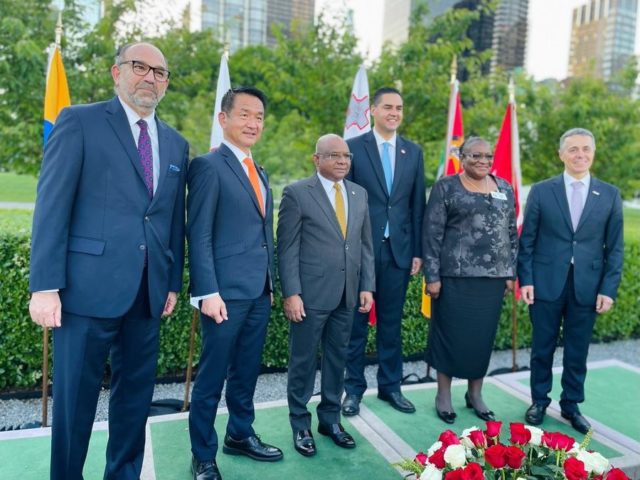
UN General Assembly elects Japan along with Ecuador, Malta, Mozambique, and Switzerland as New Members of the Security Council (09/06/2022)
According to UN News, the President of the General Assembly, Abdulla Shahid, announced on Friday, 9 June that Japan along with Ecuador, Malta, Mozambique, and Switzerland had been elected to serve as non-permanent members of the UN Security Council for the period of two years from January 2023 to December 2024 by votes cast by the members of the General Assembly. (Photo: NEWS. UN. ORG)
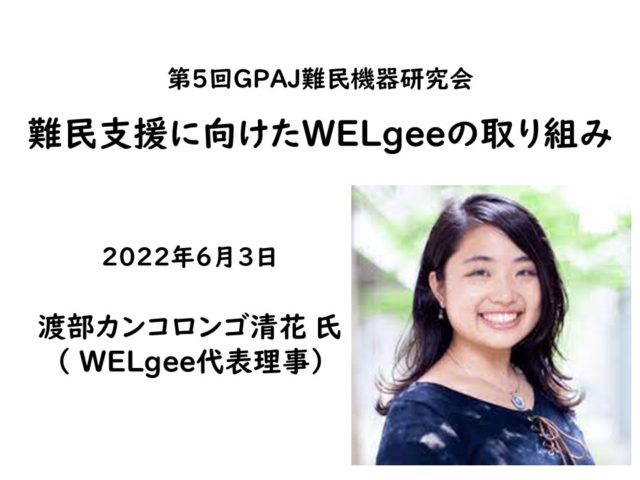
5th GPAJ Refugee Crisis Workshop “WELgee’s activities to support refugees and refugee-applicants” (03/06/2022)
The 5th workshop invited Ms. Watanabe Kankolongo Sayaka, as a guest speaker. As
Representative of WELgee, she has been actively engaged in supports to refugees and refugee-status applicants in Japan. In the 5th workshop, WELgee’s activities were presented and discussion among participants.
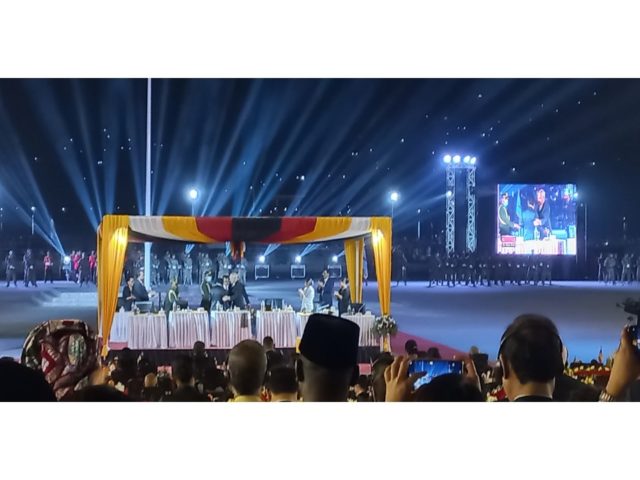
GPAJ Delegation attended the Inaugural Ceremony of President José Ramos-Horta and the Independence Day Celebration on 19 and 20 May 2022. (19/05/2022)
Nobel Peace Prize laureate, Mr. José Ramos-Horta, was sworn in as President of Timor-Leste on 19 May 2022, ahead of the celebrations marking the 20th anniversary of independence for Asia’s newest country. The delegation led by Professor Sukehiro Hasegawa, former Special Representative of the Secretary-General of the United Nations, included Professor Takaaki Mizuno of Kanda University of International Studies, Professor Mayumi Yamada of Ritsumeikan University, Professor Takeshi Sato Daimon of Waseda University, Professor Juichi Inada of Senshu University and Ms. Akiko Abe of the Global Peacebuilding Association of Japan (GPAJ). (Photo and Reporter: Akiko ABE)
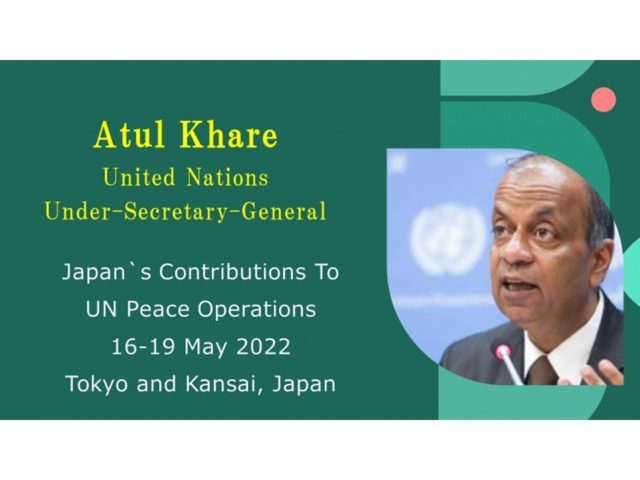
USG Atul Khare: “Japan’s Contributions to UN Peace Operations” (16-19/05/2022)
United Nations Under-Secretary-General Atul Khare visited Japan and exchanged his views on Japan`s international peace cooperation activities with members of the Diet of Japan in Tokyo on 16 May. He made his lectures at the Kwansei Gakuin University and the Kyoto University of the Arts on 19 May. Please click here for the full texts of his speeches.
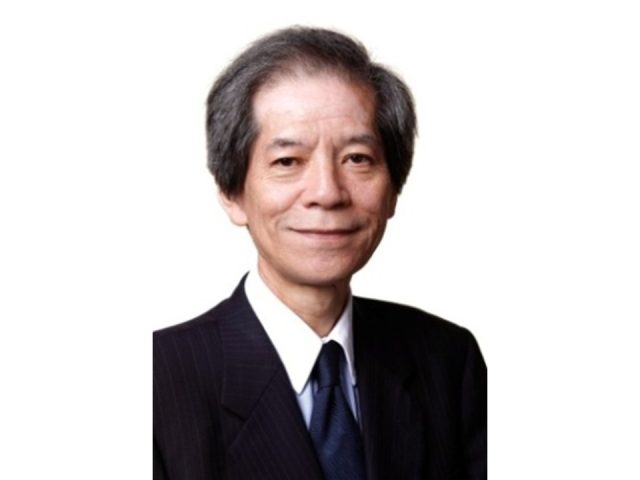
“Responding to President Zelensky`s Call for Reforming the United Nations Security Council” by Ambassador Tsuneo Nishida (14/05/2022)
Ambassador Tsuneo stated that it is not the stage where we are just discussing very small details. Why? Because we should not be unrealistic. Are the US, Russia, and China so different? No, they are not different. For example, the democratic US government said that war criminals must be punished. At the same time, the US was not a member of the ICC. We need a special tribunal if we want to punish those who are responsible for these atrocities. Once you have already killed so many people, negotiations are always needed, but we should pursue justice. Do you place Mr. Putin and welcome new permanent members with nuclear power and veto in the next 10 years? This is not acceptable. How people can believe in a reform of the UN with Putin and nuclear weapons there? We are talking about the realistic approach, but these realistic options are not realistic at all. Only to make an extension of what we have agreed upon immediately after World War II. What we are experiencing is not a second Cold War, this is a hot war, a total invasion by a big country into the neighboring country. Are we supposed to agree on some small compromise and say thank you, welcome again? That is not a reform. We are not talking about the past, but the coming generations.
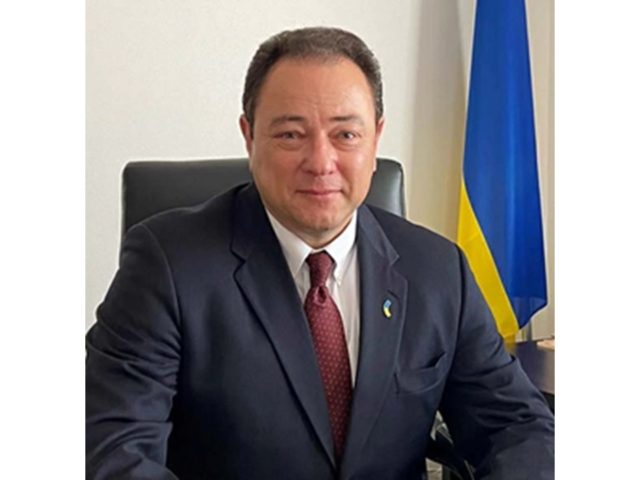
Online Dialogue with Ambassador Sergiy Korsunsky (02/05/2022)
Ambassador Korsunsky started his presentation by stating that this crisis is a war, a full-scale brutal war that was unimaginable a little more than two months ago. Of course, Ukraine knew that there is a very aggressive neighbor the assault on Ukrainian territory and sovereignty began 8 years ago in 2014, and people always knew that it would be difficult to resolve territorial problems with Russia – who knows better about those issues than Japan? On 24 February a classical war began of military assault on Ukraine, with missiles, planes, and tanks in Ukrainian territory. Since then, for 67 days Ukraine fights against Russian aggression, and definitely in this war is deeply involved in partnerships negotiations and assistance with partners in the world.

